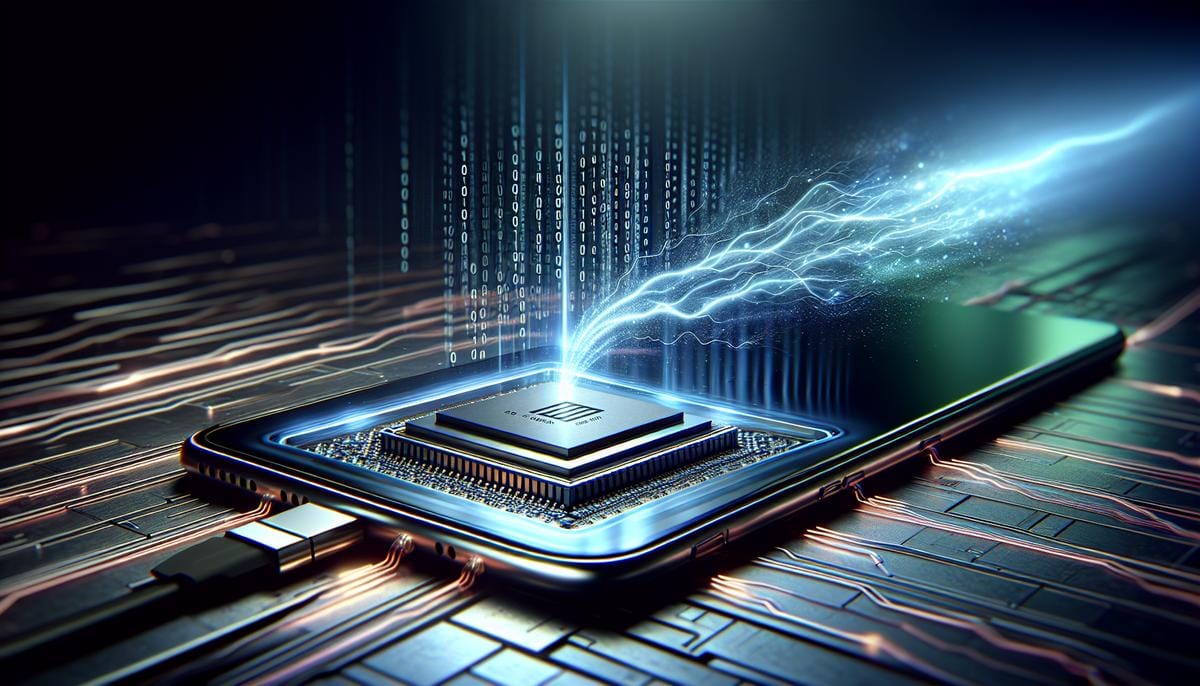Next-Generation iPhone May Feature 2nm Chips for Ultimate Performance Boost

Technology enthusiasts, hold on to your hats! Apple is geared up to bring groundbreaking performance enhancements to its iPhones as soon as next year, with the potential introduction of 2nm chips in the iPhone 17 range. This cutting-edge technology will initially be featured in the high-end models like the iPhone 17 Pro and iPhone 17 Pro Max, with the subsequent iPhone series expected to follow suit.
What Can We Expect from 2nm Chips?
The move to smaller chip architecture means faster and more efficient processor performance. Much like the leap we witnessed when Apple adopted the 3nm chip, which significantly boosted the graphics capabilities of its devices, the 2nm chip is set to take iPhone performance to the stratospheric levels.
Credible sources suggest that chip manufacturer TSMC, which supplies processors for Apple's devices, is on track with the development of the 2nm chip, codenamed N2. Small-scale production could commence later this year, setting the stage for mass production by 2025.
Fueling the AI Revolution
With Apple's current smartphone chips already surpassing most of its competitors, you'd think the tech giant would take a breather. However, the rising tide of artificial intelligence (AI) innovations waits for no one. Apple is rumored to be developing its own generative AI tools, and with the expected release of iOS 18, the company is poised to introduce a broad spectrum of AI features.
Apple's existing A-series chips boast a Neural Engine dedicated to AI tasks, hinting that upcoming AI features could be impressively robust. But the anticipation is even higher for what might be achievable with the 2nm chip powering these advanced capabilities.
Rest assured, while we await the arrival of these technologically advanced processors, the future seems bright and blisteringly fast for Apple's iPhone endeavors, with plans also in place for an even more advanced 2nm processor (N2P) towards the end of 2026. And beyond that, a mind-blowing 1.4nm processor (referred to internally as A14) is on the drawing board. So gear up for a future where iPhones aren't just smart—they're hyper-intelligent.


